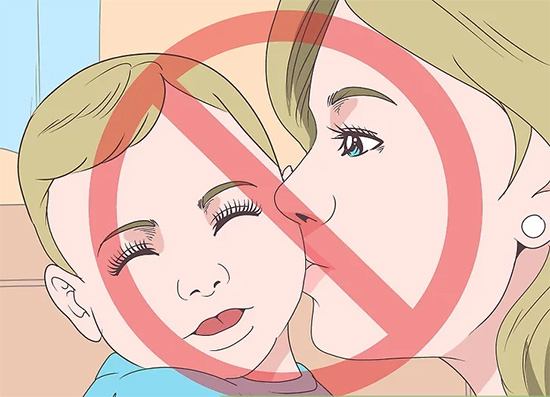What is the RSV virus?
Infants and children often have poor resistance and are susceptible to a number of diseases, especially respiratory diseases including RSV virus. This is considered the most common cause for respiratory infections in infants and young children. The virus is highly contagious, making it harder to control when a child is infected. So, what is the RSV virus and what are the symptoms and precautions?
1. What is RSV virus?
RSV (Respiratory Syncytial Virus) is a respiratory syncytial virus, one of the common causes of respiratory disease in infants and young children with the ability to spread very quickly. Children under 2 years of age when infected with RSV will cause bronchiolitis and pneumonia. Often the disease will appear more during the intermittent seasons. The virus is spread through droplets when coughing and sneezing, contacting an infected person.
The initial symptoms are the same as the common cold with fever, sneezing, coughing, runny nose and can go away within 5-7 days, some children have more severe symptoms such as cough with sputum, vomiting, shortness of breath, difficulty breathing or wheezing.

2. How to prevent the RSV virus
There is no medicine to treat this virus, but parents will often wash their nose, loosen phlegm, flap vibrating . the disease will go away on its own. If the child has more severe symptoms, it is necessary to seek medical attention immediately. The important thing is that parents need to increase their baby's health, wash their hands when caring for children, avoid people who have colds or fevers to contact them, avoid fragrant babies because it is easy for them to have some illnesses.

You should read it
- ★ This is the person who created the world's first computer virus
- ★ What are technology corporations contributing to the battle against Corona virus?
- ★ Rumors regarding the new Corona virus (2019-nCoV) and WHO answers
- ★ The right way to wear a medical mask is to prevent and prevent Corona virus
- ★ How to chase mosquitoes to prevent dengue, Zika virus